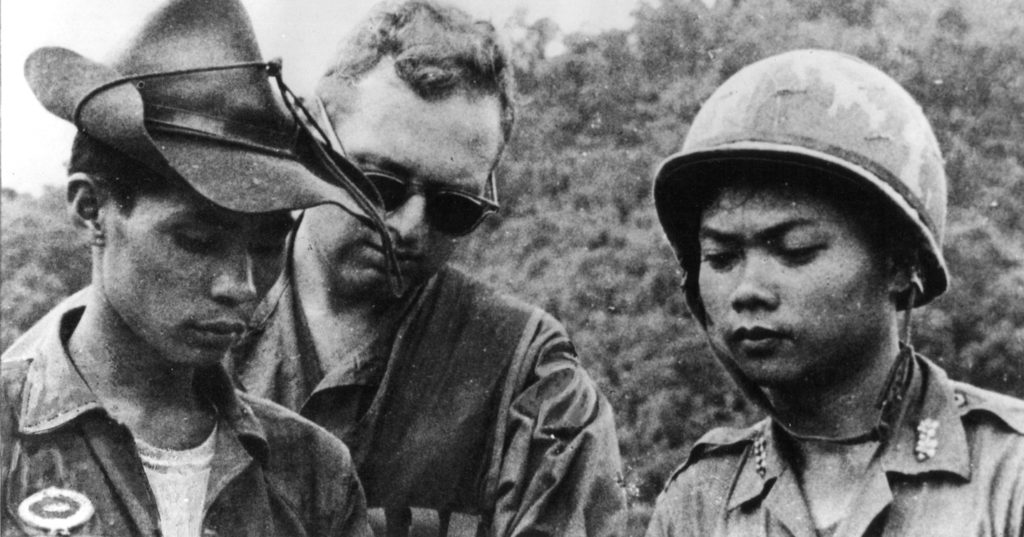
Is it possible for an outside country to build an effective indigenous military? The United States inter-agency and national security communities have a strong current interest in helping other countries develop and sustain effective security establishments. This is officially termed Security Cooperation (SC). The assistance provided directly by the U.S. military to foreign military organizations is called Security Force Assistance (SFA). SC and SFA are both integral aspects of current U.S. foreign policy and military strategy.
The U.S. has been providing SFA since at least World War II, but its success in this undertaking has been decidedly mixed. A two-decade effort by the U.S. to build an effective South Vietnamese army culminated in abject failure at the hands of North Vietnam in 1975. Despite a decade of investment in money, resources, and manpower, the U.S. has yet to build (or rebuild) independently effective military establishments in Afghanistan and Iraq.
One consistent factor in each of these cases has been the lack of a stable, effective indigenous government to underpin the military forces. How important is effective governance to successful military establishments? History suggests that it may be integral.
On his wonderful blog, The Best Defense, Tom Ricks recently posed the question “Is the existence of a capable infantry a sign of a strong government bureaucracy?” In his recently published The Gunpowder Age: China, Military Innovation, and the Rise of the West in World History, Tonio Andrade cited Stephen Morillo’s observation that “strong infantry depends on strong government” to support that assertion that Europe had poor infantry in the 15th century by Chinese standards because of underdeveloped governments.
According to Ricks, Morillo made six implicit points:
- To have an infantry, you have to get people together
- To get them together and keep them together, you need a central authority
- You also need to feed and house them, and that requires money, likely raised by taxes, which again requires central authority
- To raise the taxes and collect them, you need assessors and collectors — that is, a bureaucracy
- And that is why a soldier is different from a warrior. A tribe can field a warrior, and a good one. But it takes a state to develop and sustain an infantry soldier.
Historical experience would suggest not only that capable military forces are reflective of effective governance, but that strong governments are necessary in order to field strong military establishments. This fundamental lesson may be vital to the future success of U.S. SC and SFA efforts.

I would argue that to a certain extent it can, if the central government is basically replaced by a disciplined and well organized field army HQ (which depends on the era/time period and definition). I might be absolutely wrong here but what about Attilas army ( I would not just simply refer to them as primitive tribesmen or simply warriors, that is what Hollywood suggests)? Hannibals independent, preemptive strike in the 2nd Punic Wars? In Roman Imperial times the troops were loyal to their Generals (this would be a substitute for point 1 and 2 ) rather than the respective government.
Point 3: Armies which rely on plundering.
On the other hand this would mean that the dimonized ISIS/IS is probably backed up by governments as well (3rd World/War Lords/Hybrid Democracies).
Furthermore, the quality of certain European Infantry in the 15th century was hardly low (there were some intense conflicts and large battles fought, with well trained troops, compare: Agincourt and Tannenberg). European backwardness was broken by the process of “venting” through Crusades and by the Conquest of the Ocean.